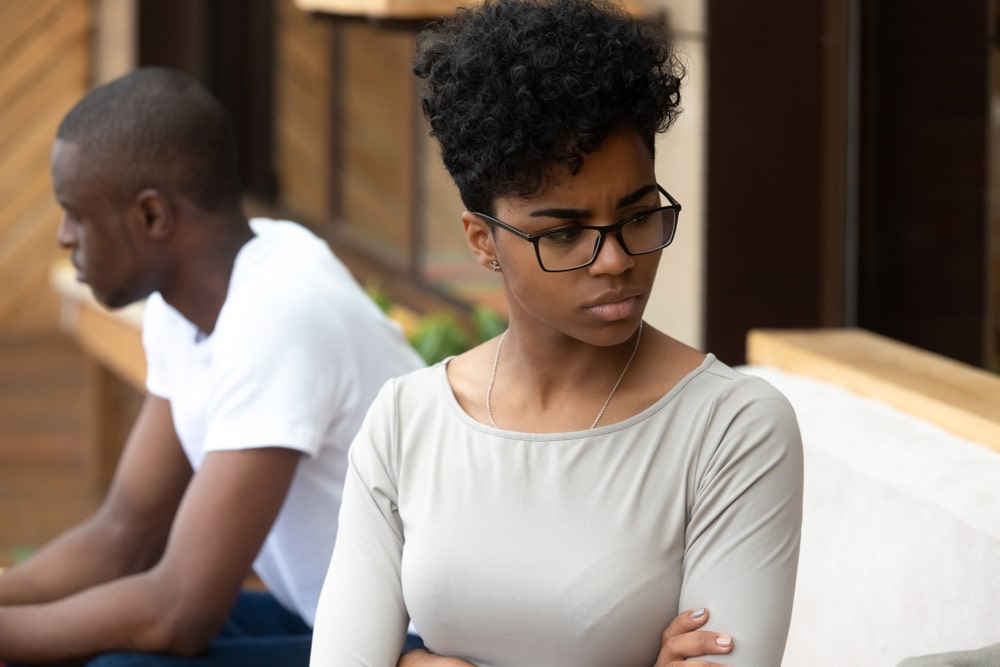Relationship anxiety can be a significant obstacle in maintaining healthy, fulfilling relationships. It often manifests as worry about a partner’s feelings, fear of conflict, or dread of a relationship ending. Understanding and addressing this anxiety is crucial for individuals looking to foster stronger, more secure connections with their partners.
Understanding Relationship Anxiety
Relationship anxiety stems from various sources, including past experiences, attachment styles, and personal insecurities. It can cause individuals to misinterpret or overreact to a partner’s actions or words, leading to tension and misunderstandings. Recognizing the signs of relationship anxiety is the first step toward managing it effectively.
Signs of Relationship Anxiety
- Excessive worrying about the relationship’s future
- Constantly seeking reassurance from the partner
- Avoiding conflicts due to fear of breakup
- Overanalyzing small issues and interactions
- Feeling unworthy of affection or love
Coping Strategies for Relationship Anxiety
- Open Communication: Cultivate a habit of discussing fears and insecurities with your partner. Open communication can help clear misunderstandings and build trust. Use “I” statements to express your feelings without blaming or criticizing your partner.
- Self-awareness: Invest time in understanding the roots of your anxiety. Reflect on past relationships and personal history to identify patterns that may be influencing your current behavior. Self-awareness can provide insights that are crucial for personal growth and relationship improvement.
- Mindfulness and Relaxation Techniques: Practice mindfulness exercises, such as meditation or deep breathing, to manage moments of anxiety effectively. These techniques can help you stay present and grounded, reducing the impact of anxious thoughts.
- Setting Realistic Expectations: Reevaluate your expectations for the relationship and your partner. Unrealistic expectations can fuel anxiety and lead to disappointment. Understanding that no relationship is perfect helps in fostering a more accepting and realistic viewpoint.
- Therapy and Professional Help: Consider seeking help from a therapist, especially if anxiety significantly impacts your relationship or personal well-being. Therapy can provide tools and strategies to cope with anxiety, and improve communication and relationship skills.
- Building Confidence in the Relationship: Engage in activities that strengthen your relationship, such as setting shared goals, planning regular date nights, and showing appreciation for each other. Positive reinforcement and shared experiences can help build a stronger, more secure bond.
Creating a Support System
Do not underestimate the importance of a supportive social circle. Friends and family can offer advice, provide emotional support, and help distract you from overthinking your relationship issues.
Moving Forward
Handling relationship anxiety is about balancing personal growth with proactive relationship maintenance. By applying these strategies, individuals can enhance their ability to navigate anxiety, leading to healthier and more satisfying relationships. Remember, it’s perfectly normal to seek help, and doing so can be the first step towards a happier, healthier partnership.










